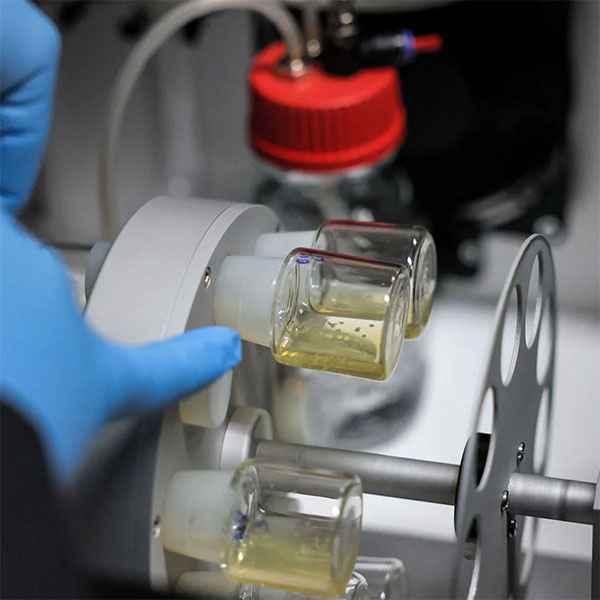Japan officially approves creation of human embryos from stem cells
The Japanese government council has just passed a groundbreaking decision in human embryo research: allowing the creation of embryos from induced pluripotent stem cells (iPS).
Specifically, Japan's expert bioethics committee has "green-lighted" the method of using induced pluripotent stem cells (iPS) - which can be created from human skin cells through genetic programming - to develop into artificial sperm and eggs. These cells can then be combined to form viable human embryos.
The use of iPS cells avoids the ethical controversy surrounding embryonic stem cells (which are taken from early-stage embryos, often the product of failed IVF and resulting in embryos that cannot develop).
The decision comes with strict biosafety requirements: the embryos created can only be cultured for a maximum of 14 days before being destroyed. The council also prohibits implanting these embryos into human or animal wombs.

Previously, scientists had only stopped at creating precursor cells for eggs and sperm from stem cells, due to a lack of legal guidance and concerns about ethical objections. Therefore, Japan's new decision is expected to promote research into solutions for infertility and genetic diseases in humans.
Remarkably, scientists have succeeded in creating healthy, fertile baby mice from their own stem cells.
But advanced embryo research has its critics. Some argue that if it goes far enough, human reproduction could be left entirely to machines and artificial embryos – already used to support premature babies in the final stages of pregnancy.
What do you think about creating embryos from stem cells to solve infertility and genetic diseases? Is this the right way to go? Share your views in the comments!
You should read it
- ★ Successfully created human kidney tissue from stem cells
- ★ It turns out that human stem cell transplantation can help reduce spinal cord injuries in mice
- ★ Storing stem cells from baby teeth can save your baby in the future
- ★ A human can be created from a laboratory, without eggs and sperm
- ★ Scientists successfully cultivate the perfect human vascular system in the laboratory